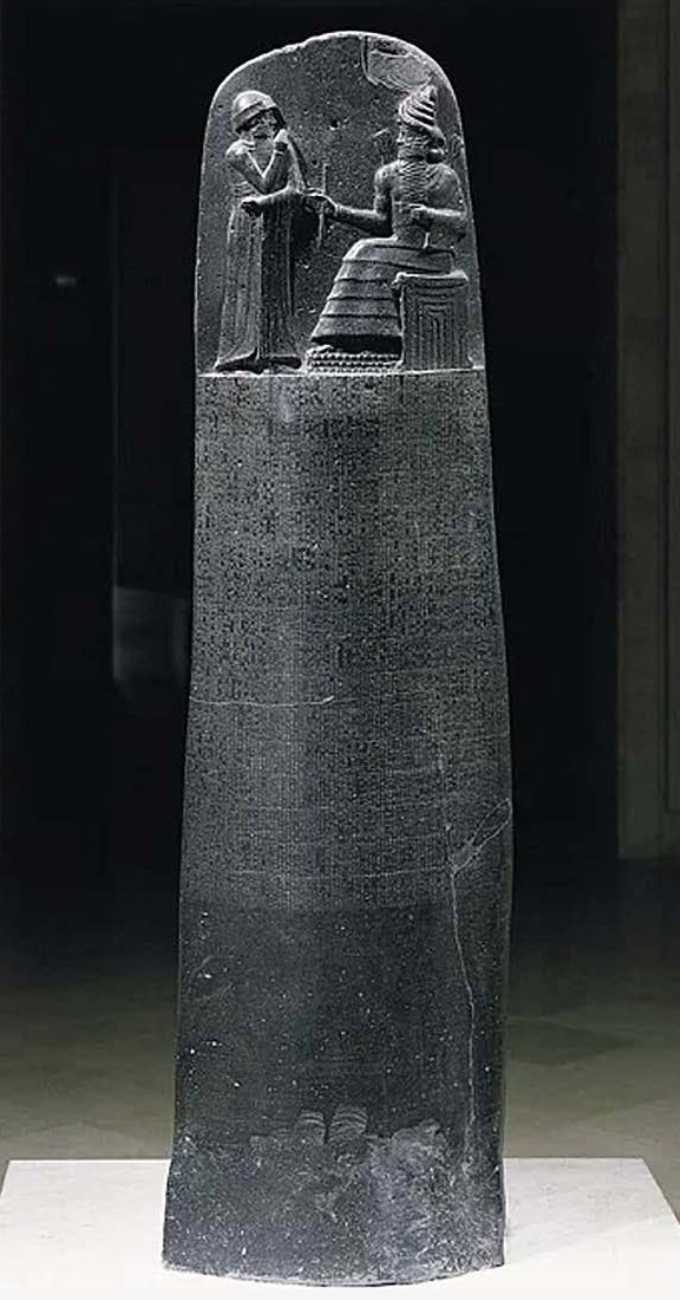Inspire 21-Day Devotional: Illuminating God's Wordਨਮੂਨਾ

WEEK 3, DAY 2: WHERE DID THE BIBLE COME FROM?
Mesopotamia
When God called Abraham, he was living in Ur, the chief city of Mesopotamia (present-day Iraq). Mesopotamia—the vast plain between (Gk. mesos means “between”) the Tigris and Euphrates rivers (Gk. potamia means “rivers”)—was the birthplace of “civilization.” It was the land of religious piety: dozens of mud-brick ziggurats towered over the landscape, each built to honor a different god and housing its own priesthood. It was also a land of agricultural abundance: irrigation canals cut across the landscape, ensuring a constant water supply for the fertile plain. It was also a land of literature: all of the most influential works of the Ancient Near East originated here, including works like the Enuma Elish and the Epic of Gilgamesh. In short, Mesopotamia was the place to be as far as cultural significance goes—the United States of its time. And Ur? It was like New York City or L.A. But God wasn’t too impressed.
In fact, by his assessment, Ur and the surrounding city-states of Mesopotamia were running in the wrong direction. God had a plan to remedy the situation: He would call Abraham to leave the comfortable and culturally “advanced” Mesopotamia and go to a new land where he could establish a new culture. While in this land, God would raise up offspring for Abraham, who would grow to become a nation of faith that would reach people of all nations, including those of Mesopotamia. (It is no coincidence that Abraham’s call in Genesis 12 immediately follows the story of the Tower of Babel and the creation of the nations in Genesis 10–11.)
Throughout the remainder of the Old Testament period, mighty nations would come to power in Mesopotamia and assert their culture throughout the Ancient Near East. There were Hammurabi’s Babylon, Sennacherib’s Assyria, and Nebuchadnezzar’s Neo-Babylonian Empire. Regardless of who was in control, Abraham’s descendants in the land of Israel would have a choice: follow God and spread his culture to the surrounding nations or follow the culture established by the current world superpower in Mesopotamia.
While a vast ocean and thousands of years separate us from ancient Mesopotamia and Israel, the same choice confronts us today. Will we be influenced by the world, or will we influence the world? Will we be in the world or of the world? Just as Abraham stepped out to follow God in faith, he’s calling us to do the same each day.

Artifact: The Code of Hammurabi
The Code of Hammurabi is the best-known and best-preserved of the ancient law codes of Mesopotamia. Discovered in 1901 in the ruins of Susa (modern-day Iran), this ancient law code is now on display in the Louvre. The black stele is quite impressive: it stands over seven feet tall and dates to the reign of Hammurabi (around 1750 BC)—the most influential king of the First Dynasty of Babylon. In the relief at the top of the stele, Shamash, the Babylonian sun god and god of justice, is seated on the throne, giving Hammurabi the scepter and ring (symbols of power and the right to rule) by which he is to ensure the execution of divine justice in Babylon.
Q1. What are the main themes or ideas of the Scripture passage?
Q2. What does this devotional tell me about who God is?
Q3. How does this devotional challenge or encourage me?
Q4. What specific action can I take to live out this teaching?
Q5. Who should I share this with for encouragement or accountability?
ਪਵਿੱਤਰ ਸ਼ਾਸਤਰ
About this Plan

Welcome to this 21-day devotional journey designed to help you deepen your understanding of the Bible and grow in your faith. Over the next three weeks, we will explore the foundational questions that shape our approach to Scripture. By engaging with these questions, we hope you will not only gain a richer knowledge of the Bible but also develop a stronger sense of trust and connection to God’s Word. Each week, we will focus on one key question: What is the Bible? Can We Trust the Bible? Where Did the Bible Come From?
More
Related Plans

Everyone Should Know - Thanksgiving Special

When Heaven Touched Earth - a 7 Day Journey to Christmas

Lessons From Some Hidden Heroes in the Bible

The Mandate to Multiply.

Scriptures and Hymns to Grow Your Joy This Christmas

Hope in Creator’s Promises

OVERCOME Lust WITH TRUST

Your Prayer Has Been Heard: How God Meets Us in Seasons of Weariness and Waiting

Adversity
